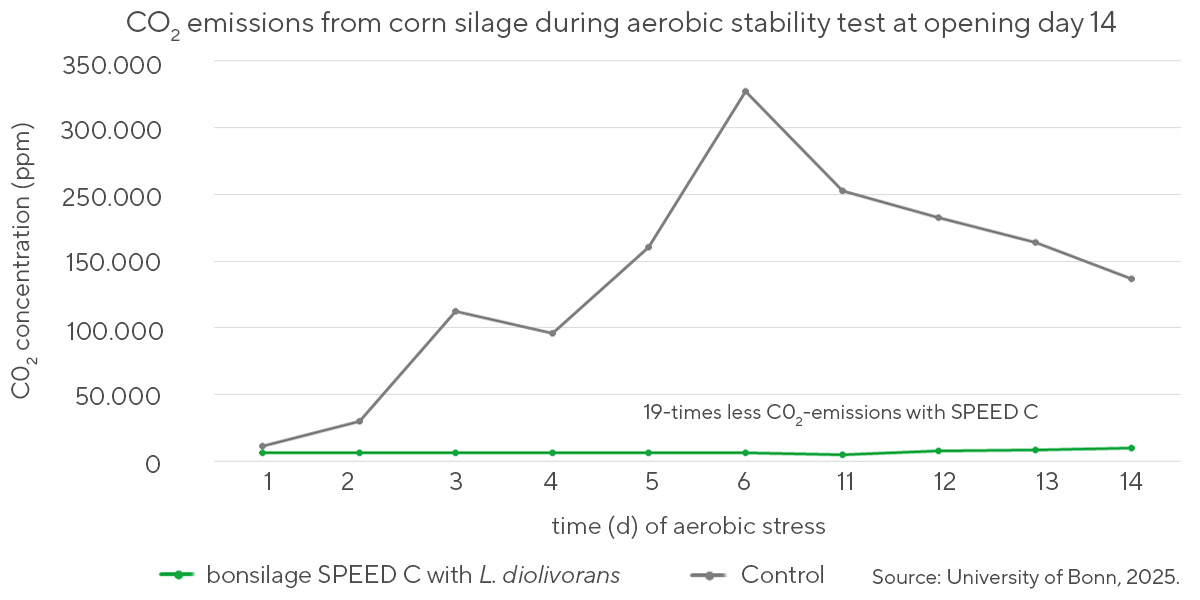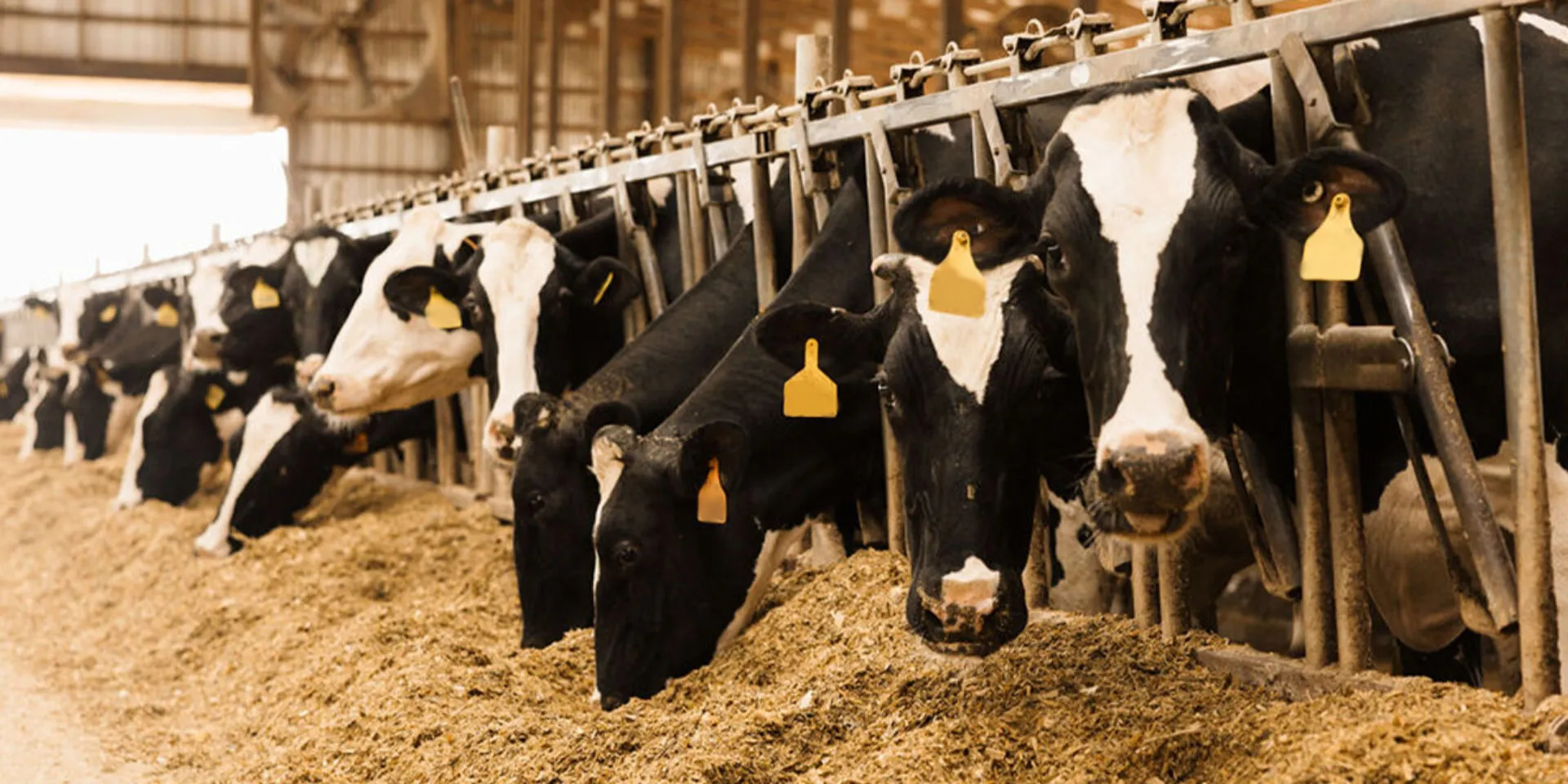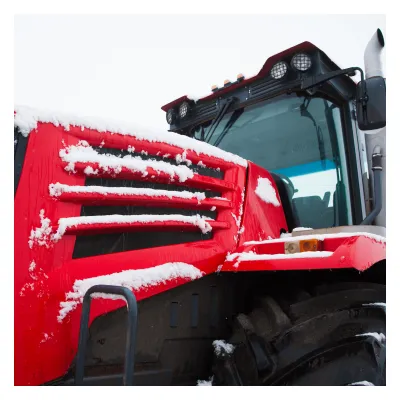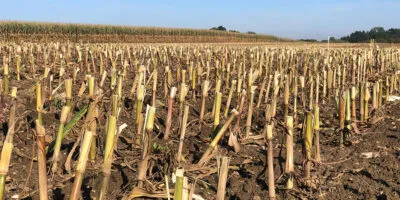Our bonsilage team made a remarkable impact at the International Silage Conference (ISC) 2025 in Florida, showcasing its leading role in silage innovation and research. With 11 scientific poster contributions and 8 more in close collaboration with university partners, our presence underlined the importance of science-driven solutions in forage preservation and animal nutrition. We’ve taken the key results from our recent studies published at the conference and wrapped them up for you – and there’s more to come! In the next few months, we’ll be sharing these insights in detail.
Next Up: Unlocking the potential of Lentilactobacillus diolivorans
One bacterium, many benefits: Lentilactobacillus diolivorans (L. diolivorans) is garnering attention in silage research – and for good reason. As a next-generation inoculant, it offers a combination of advantages that go far beyond classical fermentation control.
L. diolivorans effects on emissions
Since 2007, greenhouse gas emissions from the agriculture sector have been recognized as a significant environmental concern. In response to increasing environmental pressures, the dairy industry is advancing sustainability goals through targeted, science-based strategies. The industry has committed to achieving greenhouse gas neutrality by 2050. To support this goal, global research efforts are focused on enhancing efficiency and management practices, ensuring environmental progress while maintaining high standards of production. At PROVITA SUPPLEMENTS, we are contributing to this effort through the development and continued research of our cutting-edge bacterial strain, Lentilactobacillus diolivorans.
Although carbon dioxide (CO2) plays a crucial role in the initial fermentation, excessive CO2 produced during silage fermentation can indicate poor fermentation and inadequate silage hygiene. Our L. diolivorans strain is known to support efficient fermentation, therefore potentially reducing unwanted CO2 production. This potential was evaluated in an experiment where corn silage was treated with a combination of lactic acid bacteria (LAB), including L. diolivorans, and exposed to 24 hours aerobic challenge after 7 days of storage. Despite the challenge, the inoculated silage had a lower pH, higher lactic and acetic acids, improved aerobic stability and decreased CO2 emissions during the aerobic phase after. By promoting controlled fermentation, the LAB inoculant minimized CO2 emissions while improving aerobic stability.

The benefits of L. diolivorans extend beyond silage fermentation. Similar positive impacts have been observed in biogas systems, contributing to a reduced carbon footprint. In a study aimed at assessing a combination of LAB treated corn silage delivered to a biogas plant, treated silage was found to have a 62% reduction in weight loss, along with decreased yeasts and molds, increased aerobic stability and a 14.5% reduction in emissions during silage fermentation. It was determined that the LAB combination, including L. diolivorans improved silage fermentation, benefiting weight loss, and increased methane yields for energy production in biogas plants, benefiting both silage quality and energy production efficiency. Here is an impressive number: the study showed that treating corn silage with L. diolivorans decreased the carbon footprint by 18.2%, by reducing DM loss during silage fermentation and increasing methane yields in the biogas plant.

Improving animal efficiency with feed
Enteric gas is a large contributor to whole-farm emissions, with the ruminant being the main source. Enteric gas production is a byproduct of rumen fermentation, and the amount produced is closely linked to feed digestibility. With greater digestibility, less energy goes towards the byproduct of enteric gases. One way of achieving this is by improving fiber digestibility and silage quality through LAB inoculants. A meta-analysis of 14 in vivo studies revealed significantly higher metabolizable energy by an average of 0.35 MJ ME/kg DM across all silages and silage inoculants tested compared to untreated silage, providing an opportunity to improve feed efficiency and potentially reduce emissions once fed.
At PROVITA SUPPLEMENTS, we are committed to providing innovative products that support high-quality silage production while doing our part to contribute to reducing on-farm emissions. Through solutions like L. diolivorans, we aim to help producers improve fermentation efficiency and forage quality while reducing their carbon footprint. Explore the full potential of L. diolivorans in our bonsilage SPEED C product. If you like to view our scientific studies, click the button!
DOWNLOAD ISC POSTERS


